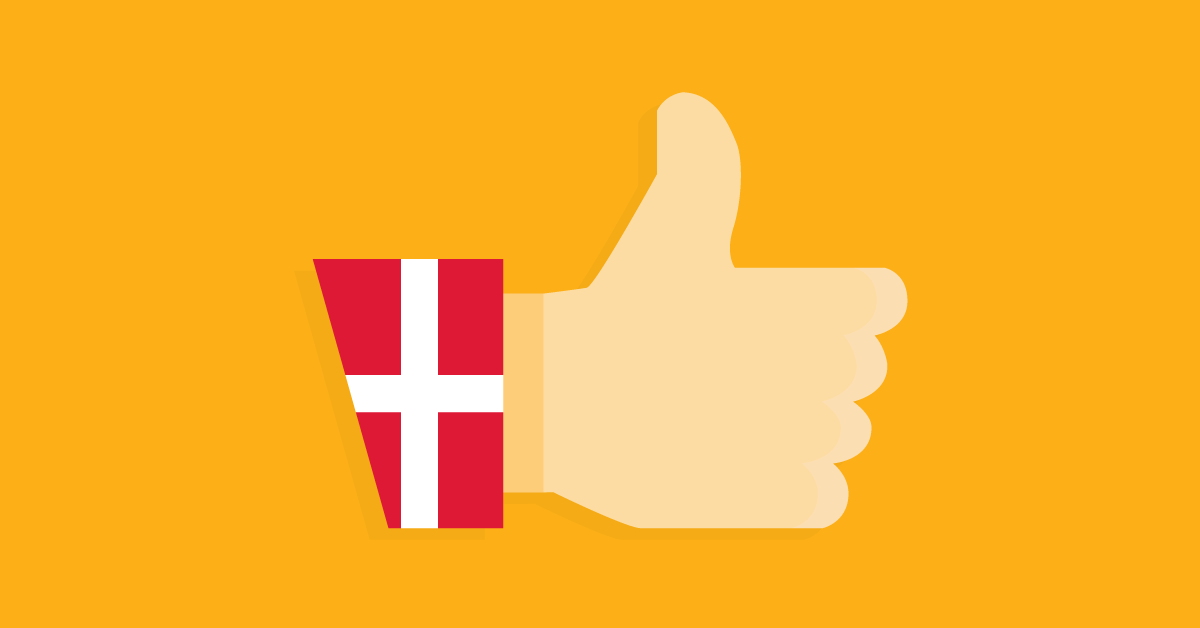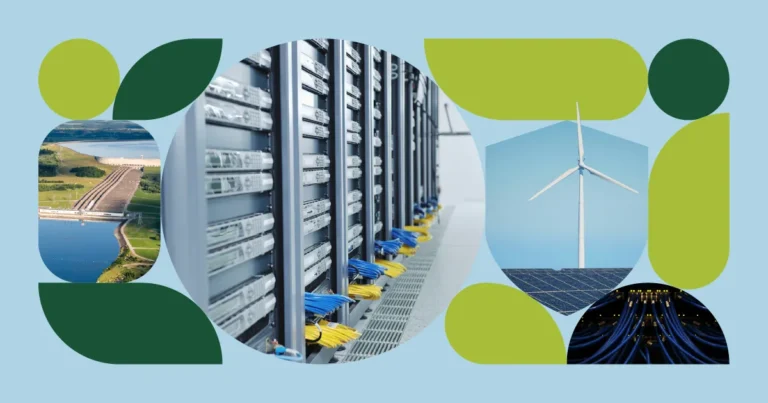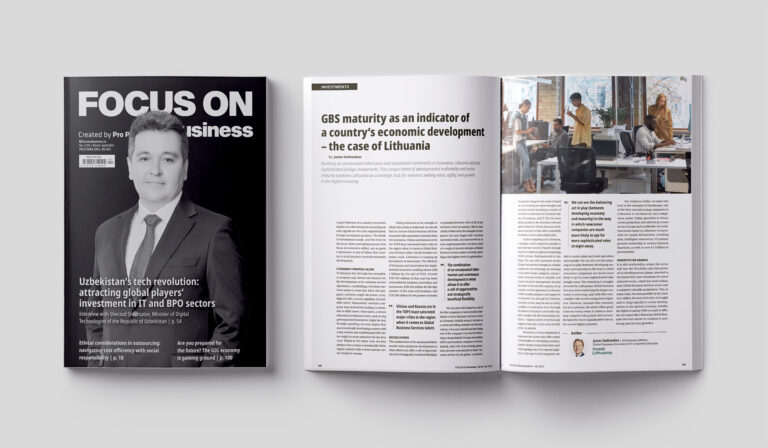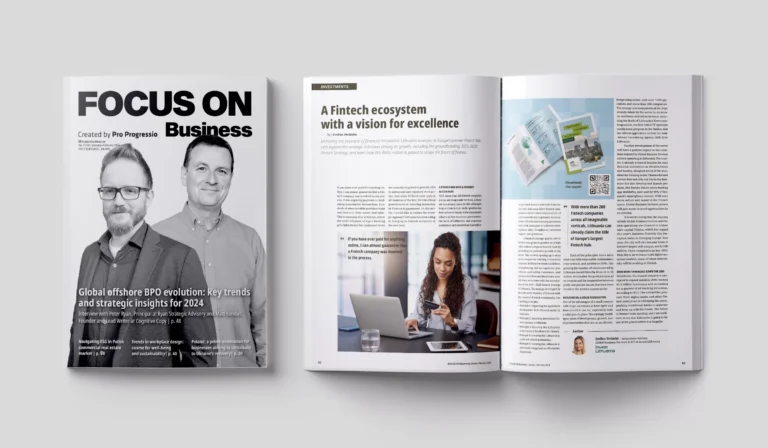Sister companies of Nordic manufacturers in Lithuania are being assigned increasingly complex operations, with a greater focus on innovation and quality.
Many Danish and Nordic companies have long been aware that Lithuania is a particularly good location for small and medium-sized businesses to establish themselves. In this way, Lithuania serves as a bridge towards increased production and provides an excellent opportunity for nearshoring company services. Lithuanian offices of major Nordic producers now have a reputation for being able handle product development and testing, along with prototype production.
In the past, Lithuania was a popular location for Danish investors thanks to its cost-competitive labour pool and its capacity for mass production. Today, the situation could not be more different. The hallmark of Lithuania’s business environment is now its highly qualified specialists.
As Lithuanian sister companies are being given greater autonomy, and assigned more specialised tasks, expert knowledge, rather than competitive costs, is now the key factor for investors.
[quote text=”Cultural similarities and the fact that it is the largest market in the Baltic States, combined with its well-developed infrastructure and highly skilled workforce makes Lithuania well-suited for small and medium-sized enterprises” name_surname=”Mindaugas Šeštokas” description=”CEO of Kitron Lithuania” left=””]
Investors explain what Lithuania has to offer
High Qualifications and Cooperation with Denmark
Thomas Solupajev-Ronlev, partner and co-founder of Blue Ocean Robotics in Lithuania:
“The combination of Lithuania’s focus on industry (with links to training and development) and the fact that there is already a lot of cooperation with Denmark makes it an attractive investment destination. And then wages still play an important role.”
Ideal for small and medium-sized companies
Mindaugas Sestokas, CEO of Kitron Lithuania:
“Cultural similarities and the fact that it is the largest market in the Baltic States, combined with its well-developed infrastructure and highly skilled workforce makes Lithuania well-suited for small and medium-sized enterprises”
The growing investment since the crisis
The economic crisis that hit Lithuania and the neighbouring Baltic countries in the latter half of the 2000s led to a change in mentality. The focus shifted more towards development, software and other more specialised functions.
Kitron, Scandinavia’s leading Electronic Manufacturing Services (EMS) company, has been in Lithuania since 2001. It has been working on prototype production at its facility in the country’s second largest city, Kaunas, for many years. As quality and testing are inherently important to the company, investments are increasingly being directed towards these operations.
A focus on R&D and a growing independence from its Nordic origins are also the hallmarks of Blue Ocean Robotics’ Lithuanian branch, based in the capital, Vilnius. Despite having only been operational for just over one year, the Vilnius office has already taken the lead on key projects, some of which are for Danish clients. The projects are run purely by Lithuanian managers and independently of the parent company in Odense.
Local leaders stepping up
According to Mr Zygimantis Mauricas, Head of Economics at Nordea Bank, increasing numbers of well-educated Lithuanians are returning to Lithuania from jobs in Western Europe as the financial crisis recedes.
In some cases, they have been put in charge of companies that their former western European employers have established in Lithuania. At the same time, increasing numbers of Lithuanian leaders are replacing Scandinavian managers at the helm of Lithuanian offices.
This can be seen, for example, in the area of engineering. This is partly because it is more stable than other sectors of the Lithuanian labour market, and partly because it has become increasingly popular among the country’s young. One of the higher education institutions training up many of the bright talents that Danish companies are taking advantage of is Kaunas University of Technology (KTU). KTU’s facilities and capacity have been expanded recently, with the first students soon to graduate from its new robotics engineering department. The number of students at KTU nearly doubled in the last intake.
KTU’s academic specialists and expertise are now being complemented by KTU Startup Space, an incubator for promising companies. It provides office space, laboratory equipment and the opportunity to draw on the experience of experts. And for existing companies looking for new opportunities there is also an Open Access info center for technologies that have been developed but which have not yet been brought to the market. These are on display for potential partners in the business sector.
To read original article in Danish visit metal-supply.dk













